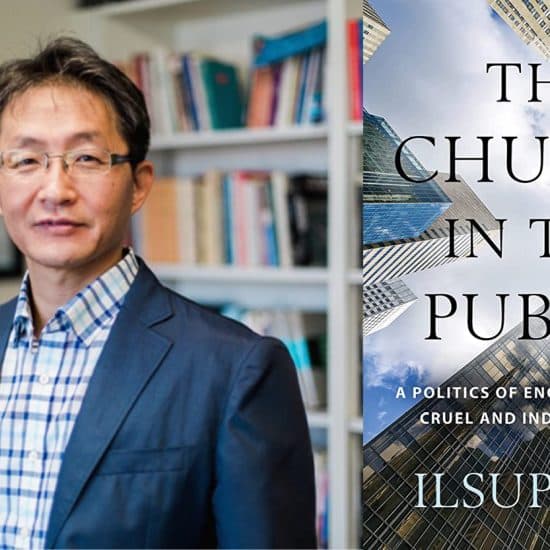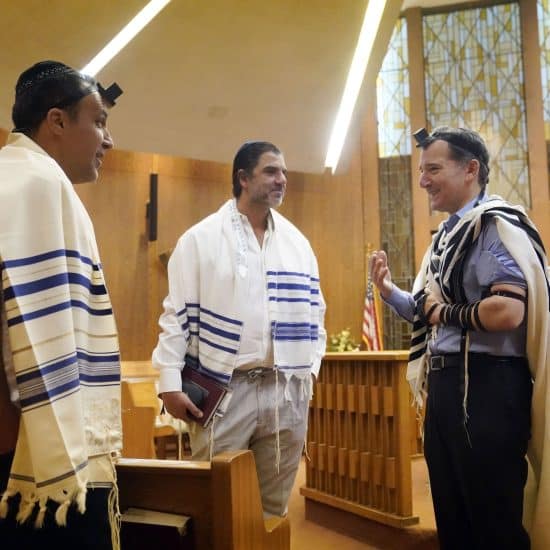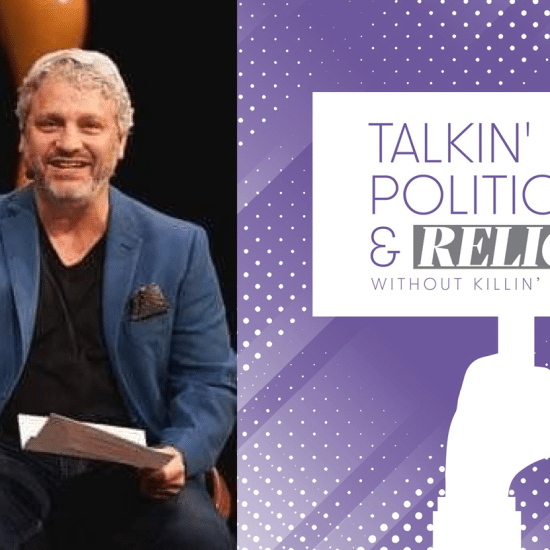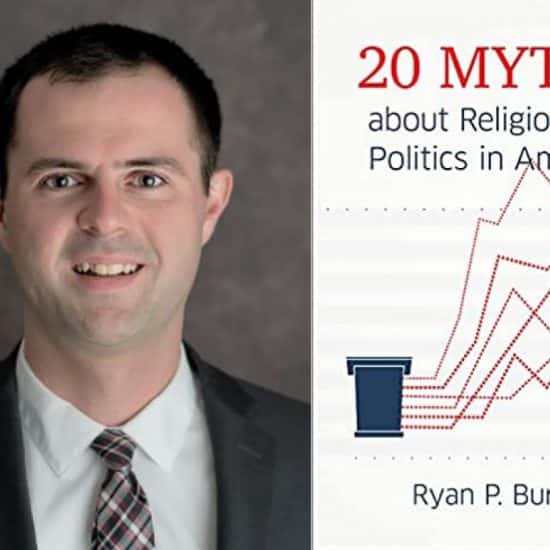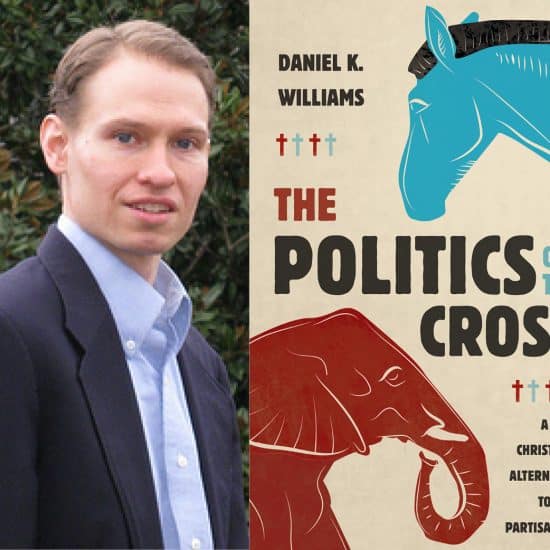Have you noticed? The presidential primary battles are going full-tilt. And “tilt” may be one of the best ways to describe how candidates, particularly in crowded partisan fields (both Republicans and Democrats), differentiate each other from the rest.
 Bill WebbFor example, how a person “tilts” on a given issue may give him or her an edge among voters anxious to make up their minds, especially if they have pet issues about which they feel strongly.
Bill WebbFor example, how a person “tilts” on a given issue may give him or her an edge among voters anxious to make up their minds, especially if they have pet issues about which they feel strongly.
Presidential wannabes have a good idea how most of us tilt on particular issues. Research abounds to clue them in to where and how many of us voters feel about very specific topics. These are often hot-button issues about which we might feel passionate.
And in these days of what I call the “new journalism,” voters can find partisan websites, radio and television stations that already match up with our political preferences. Talk show hosts — male and female — sometimes tap into our impatience, frustrations, anger and other feelings about the status quo and the imminent need for change.
We have the luxury of limiting the points of view to which we expose ourselves and cut down significantly the various insights that relate to this or that issue. If per chance we have not made up our mind on an issue — or a candidate — a voice coming from our car radio or the family-room TV at home will tell us the correct answer or choice, and probably will even tell us why we would be foolish (maybe even stupid) to consider another point of view or a different candidate.
Many of us grew up in a different time, when parents or other wise adults suggested we learn all we could about candidates and what they stood for and against. They dared to use the “C” word — character — as one of the tools to evaluate candidates. How a candidate carried herself (or himself) seemed to be very important.
Surprisingly, personal faith was not interjected into the campaign dialogue so much 50 years ago. It is today. In fact, people of faith are regarded as significant voting blocks. Depending upon the specifics of one’s faith, he may be targeted by a certain kind of Republican or she by a particular flavor of Democrat. Candidates see us as monolithic, and we too often help them by using similar terms to describe our personal faith and our personal politics.
The problem with campaigns that seem a little too simplistic is that when we elect leaders — particularly the President of the United States — we thrust them into positions for which most decisions defy simple analysis or easy solutions. Most are complex and apply to the broad population, regardless of our stance on any single issue.
Most of us want political leaders bent on serving all the people. By the way, a candidate who is elected to the top office in the land would do well to move well beyond partisanship in most situations for the greater good of governing in the best interests of as many of us as possible. The elected leader must inevitably rise to the occasion and become presidential in demeanor, whether on the national or the worldwide stage.
And whether we voted for whoever is elected or not, that person is our president and we had better join together in praying for that officeholder and all others elected to serve.
Bill Webb is editor of Word & Way.

